International Court of Justice orders Israel to 'take all measures' to prevent genocide
Crucially, the United Nations' highest judicial body did not call for a full cease-fire between Israel and Hamas
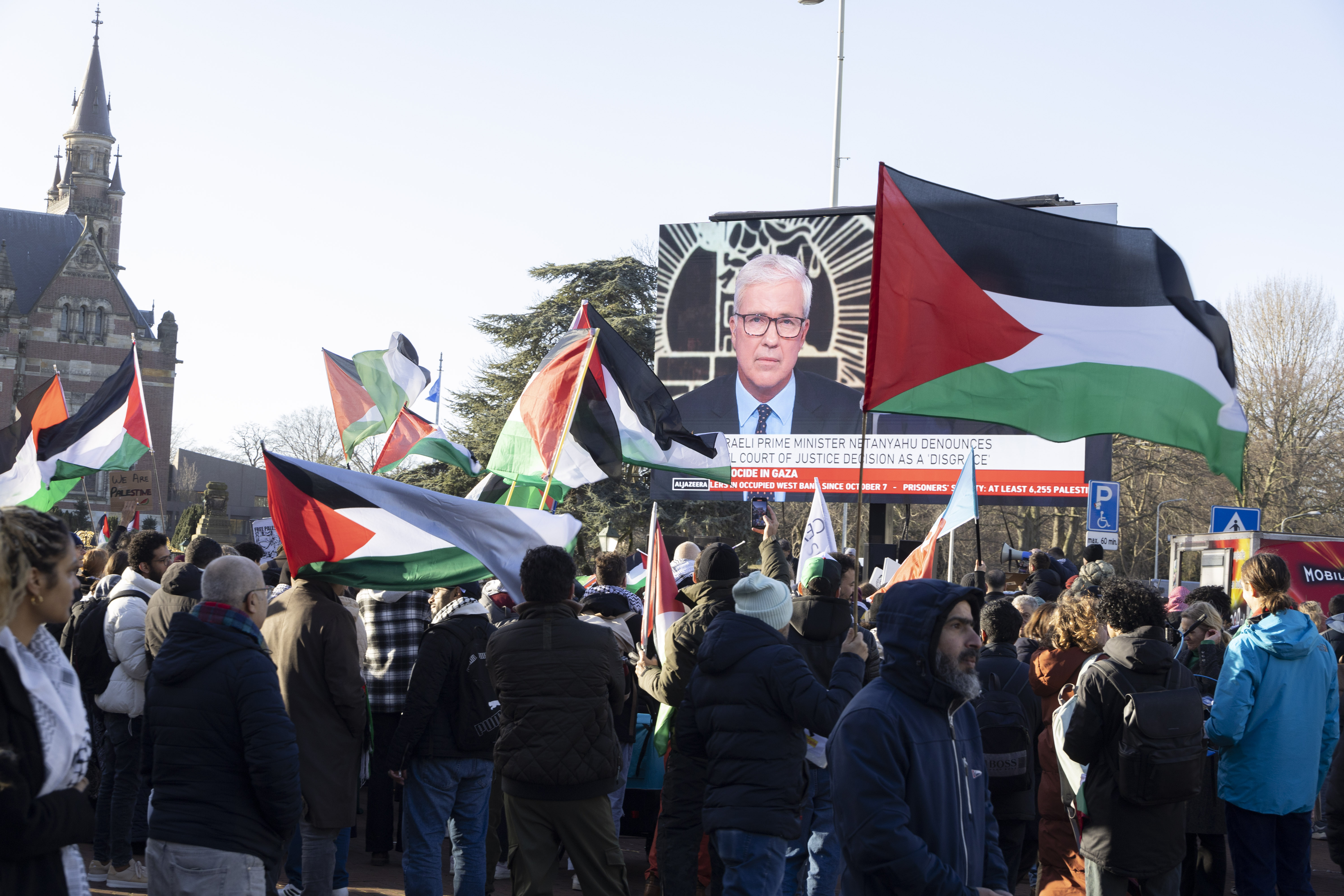

Less than one month after South Africa officially charged Israel with committing genocide against Palestinians in Gaza at the International Court of Justice, the United Nations' highest judicial body this week made its first preliminary ruling in a case that's captivated — and polarized — much of the world.
On Friday, the ICJ released its initial findings that called for Israel to refrain from acts of genocide, allow an increased flow of aid into the besieged Palestinian territory, and "prevent and punish" instances of incitement toward genocide within Israeli society. It also called for the immediate release of the more than one hundred hostages held in Gaza by Hamas militants who were captured in the group's assault on southern Israel on Oct. 7, during which upwards of one thousand Israelis were killed.
While the measures, which the ICJ stressed are "provisional," are essentially non-enforceable, the court has ordered Israel to report back within one month of the ruling to detail what policies it will put in place to follow the various requirements handed down by the judges. Crucially, Friday's report neither confirmed nor denied that Israel was currently committing genocide, nor did it call for an immediate cease-fire between the Israeli military and Hamas fighters. As such, the ruling — backed by the overwhelming majority of the court's judges — falls largely "in line with what most legal experts had forecast," The New York Times reported, with University College London human rights expert Kate Cronin-Furman noting the ICJ had "stuck pretty closely" to a previous provisional ruling regarding Myanmar's alleged genocide against the Rohingya people.
The Week
Escape your echo chamber. Get the facts behind the news, plus analysis from multiple perspectives.

Sign up for The Week's Free Newsletters
From our morning news briefing to a weekly Good News Newsletter, get the best of The Week delivered directly to your inbox.
From our morning news briefing to a weekly Good News Newsletter, get the best of The Week delivered directly to your inbox.
'This is still a good thing'
Friday's ruling was hailed as a "decisive victory for the international rule of law" as well as a "significant milestone" for Palestinians in a statement released by the South African government. Moreover, the ruling shows "there is no credible basis" for Israel's past claims that its conduct in Gaza has been in accordance with international law and genocide treaties.
Ceding that "many will be disappointed" by the lack of a cease-fire demand, Kings College London lecturer in international relations Alonso Gurmendi hailed South Africa's "win," even if it's not the "best win of the century." In particular, Gurmendi explained on X, the ruling made clear that Palestinians "are a protected national group," and, as the South African government noted in its statement, Israel's previous claims that it can continue on its present course of "acting lawfully" has been "disproven," and leaders now "LEGALLY need to change course." Weaknesses aside, "this is still a good thing," Gurmendi concluded.
The West Bank-based Palestinian Authority praised Friday's ruling as well, with Foreign Minister Riad Malki telling The Wall Street Journal that the court's order shows other states have "clear legal obligations to stop Israel’s genocidal war on the Palestinian people in Gaza."
Although the language of the ruling was "not optimal" for Israel, that the court neither called for a cease-fire nor officially declared that Israel was carrying out a genocide means there will likely not be any "political or economic international reactions," Hebrew University human rights expert Barak Medina predicted to the paper.
A free daily email with the biggest news stories of the day – and the best features from TheWeek.com
'Hague Schmague'
Following the court's decision, Israeli Prime Minister Benjamin Netanyahu on X praised the judges for not ordering a cease-fire, which would have violated the country's "fundamental right" to self-defense after Oct. 7. He also rejected South Africa's still-pending allegation of genocide as "not only false" but an "outrageous" accusation that "decent people everywhere" should reject. Netanyahu's office also ordered his government's ministers "not to comment on the ruling" according to Israel's Ha'aretz newspaper. Nevertheless, shortly after the ruling was handed down, the country's far-right, ultra-nationalist national security minister Itamar Ben-Gvir mocked the decision on X, posting "Hague schmague" followed by an Israeli flag.
האג שמאג 🇮🇱January 26, 2024
Friday's ruling is merely the first of what is expected to be a drawn-out legal process over the underlying question of genocide in Gaza, and was made in light of the fact that the "catastrophic humanitarian situation in the Gaza Strip is at serious risk of deteriorating further," ICJ President Judge Joan Donoghue explained.
According to The Washington Post, a final verdict on whether or not Israel has indeed carried out a genocide already "could take years."
Rafi Schwartz has worked as a politics writer at The Week since 2022, where he covers elections, Congress and the White House. He was previously a contributing writer with Mic focusing largely on politics, a senior writer with Splinter News, a staff writer for Fusion's news lab, and the managing editor of Heeb Magazine, a Jewish life and culture publication. Rafi's work has appeared in Rolling Stone, GOOD and The Forward, among others.
-
 Roofman: a ‘stranger than fiction’ tale
Roofman: a ‘stranger than fiction’ taleThe Week Recommends Channing Tatum walks ‘effortlessly’ between comedy and tragedy
-
 Political cartoons for October 23
Political cartoons for October 23Cartoons Thursday’s political cartoons include Mike Johnson's pumpkin patch, great news for crypto scammers, and a suspicious white sheet
-
 The UK-made Storm Shadow missiles Ukraine is using in Russia
The UK-made Storm Shadow missiles Ukraine is using in RussiaThe Explainer Ukraine reportedly deployed the long-range British missiles this week, following a tense meeting between Zelenskyy and Trump
-
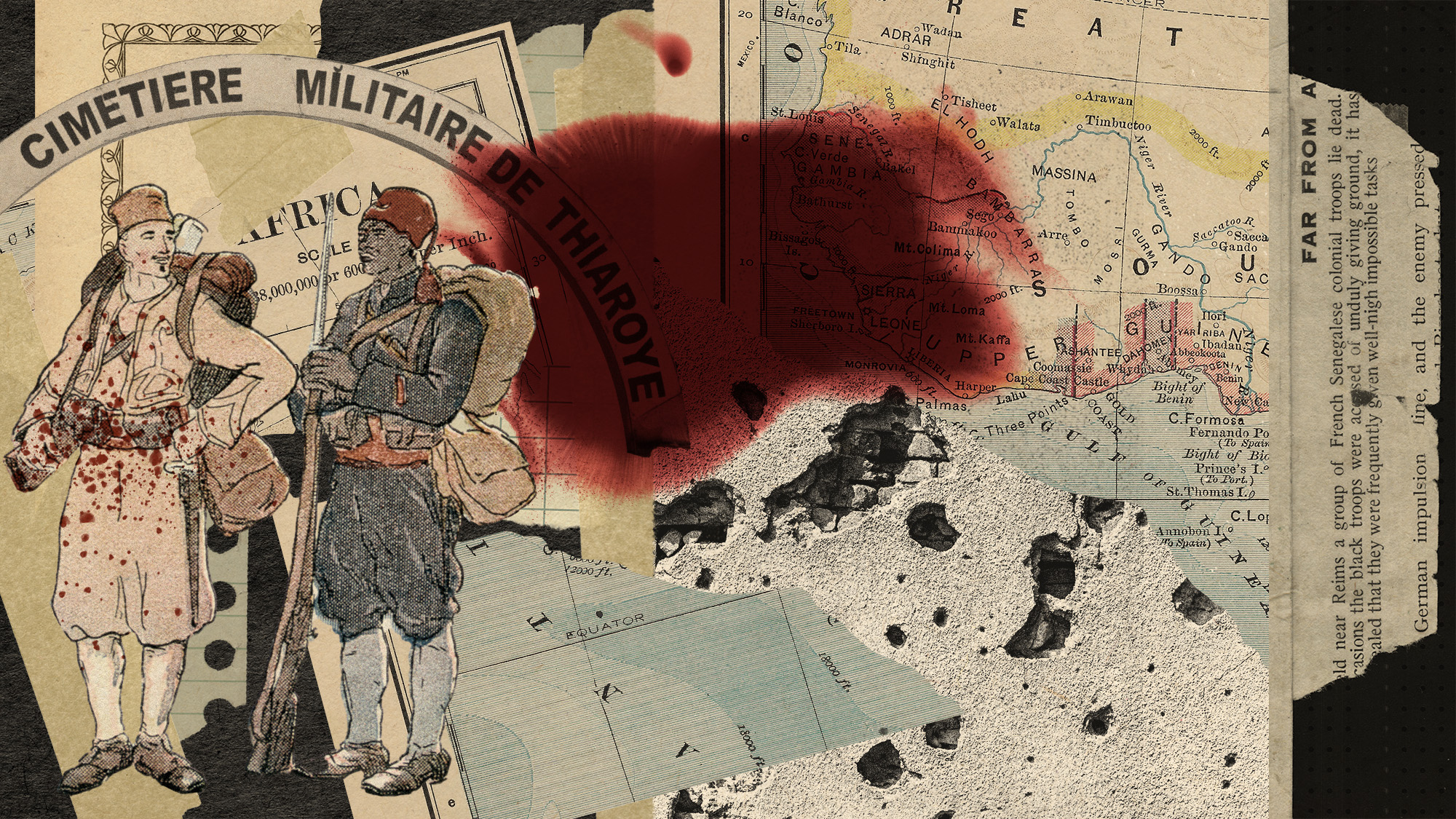 The WW2 massacre dividing Senegal and France
The WW2 massacre dividing Senegal and FranceUnder the Radar A new investigation found the 1944 Thiaroye attack on ‘unarmed’ African soldiers was ‘premeditated’, and far deadlier than previously recorded
-
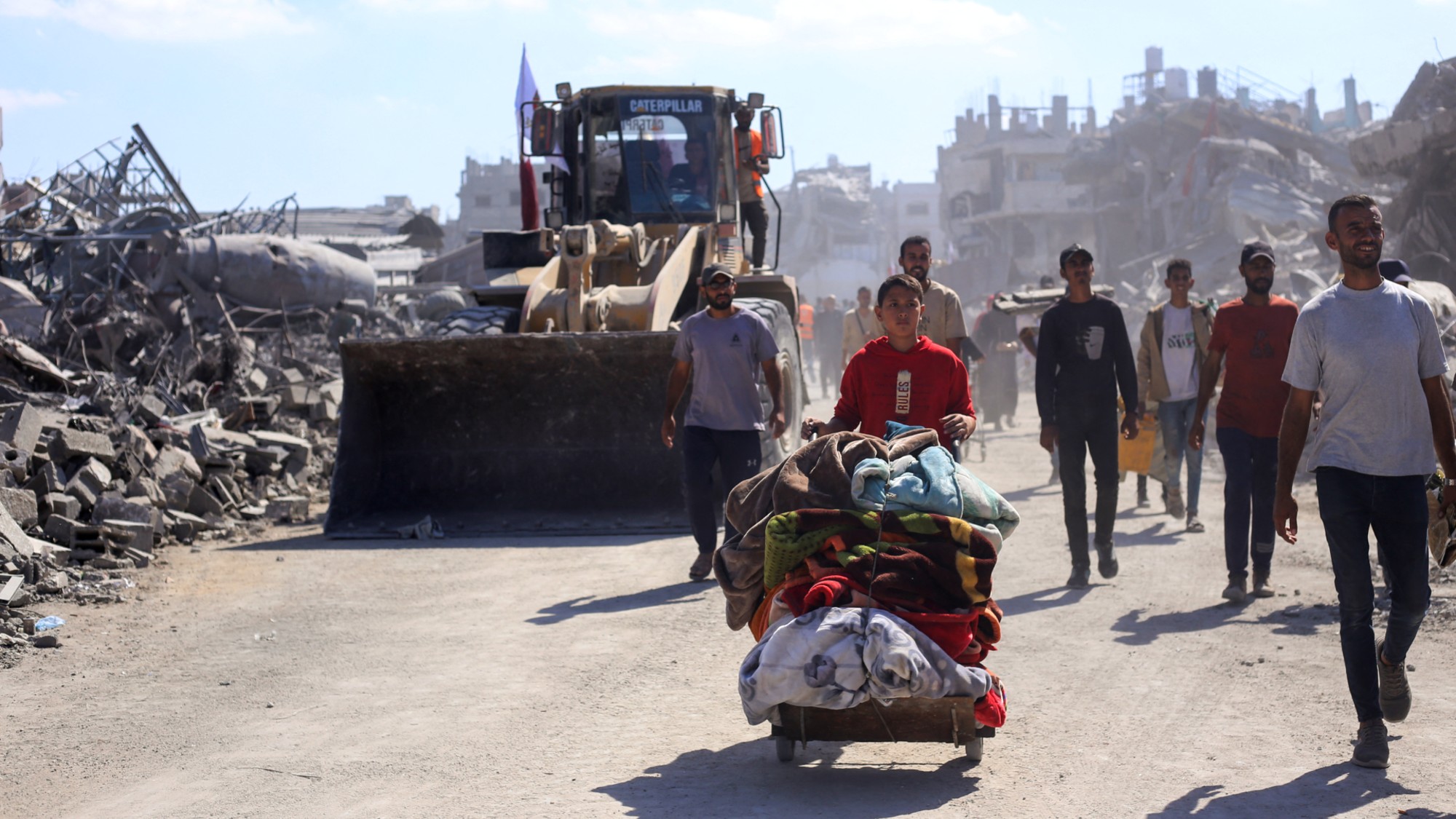 Gaza’s reconstruction: the steps to rebuilding
Gaza’s reconstruction: the steps to rebuildingIn The Spotlight Even the initial rubble clearing in Gaza is likely to be fraught with difficulty and very slow
-
 Sanae Takaichi: Japan’s Iron Lady set to be the country’s first woman prime minister
Sanae Takaichi: Japan’s Iron Lady set to be the country’s first woman prime ministerIn the Spotlight Takaichi is a member of Japan’s conservative, nationalist Liberal Democratic Party
-
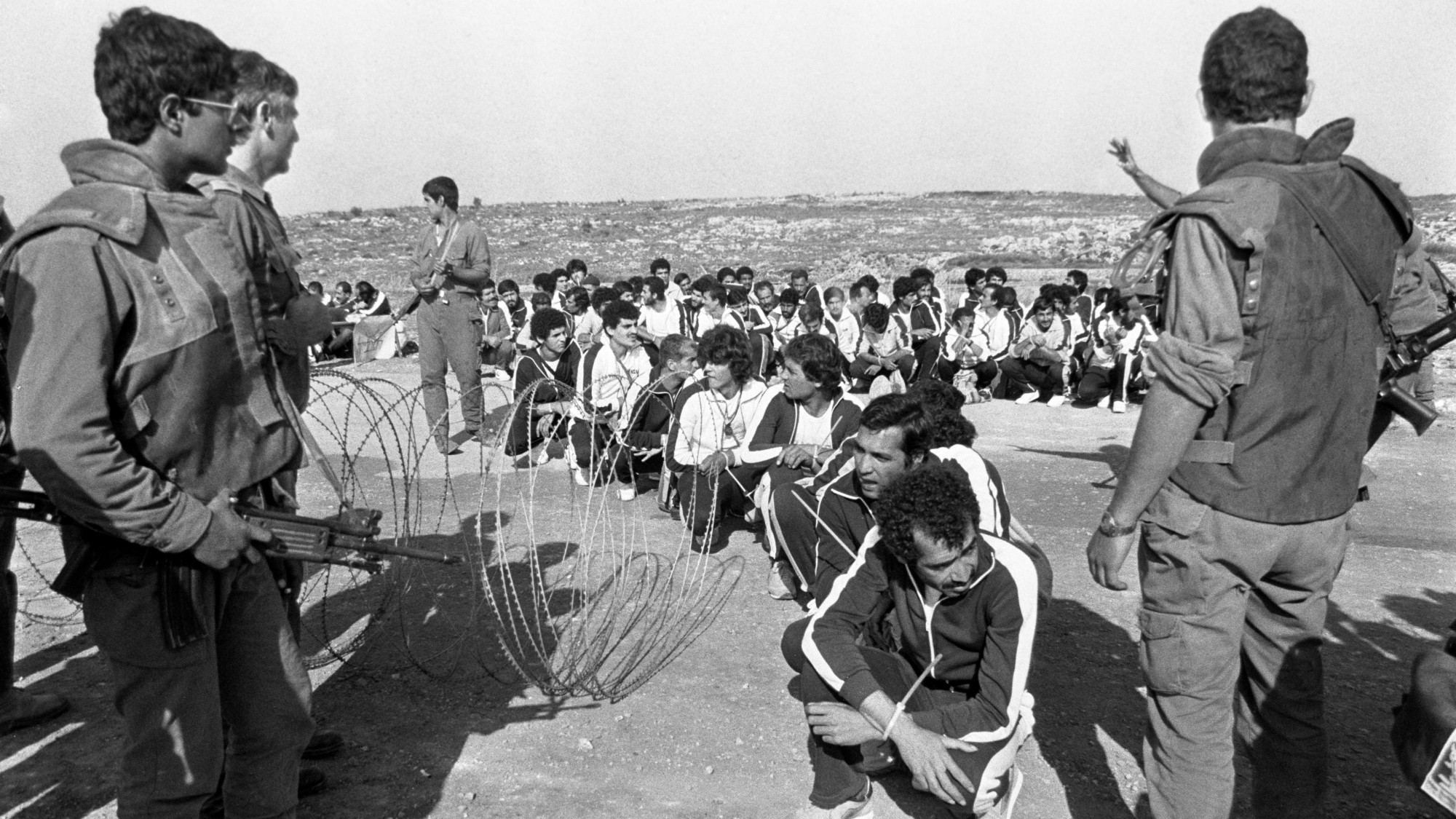 ‘Extraordinary asymmetry’: the history of Israeli prisoner swaps
‘Extraordinary asymmetry’: the history of Israeli prisoner swapsIn The Spotlight Exchange of Israeli hostages for Palestinian detainees is the latest in a series of trades in which Israeli lives appear to count for more
-
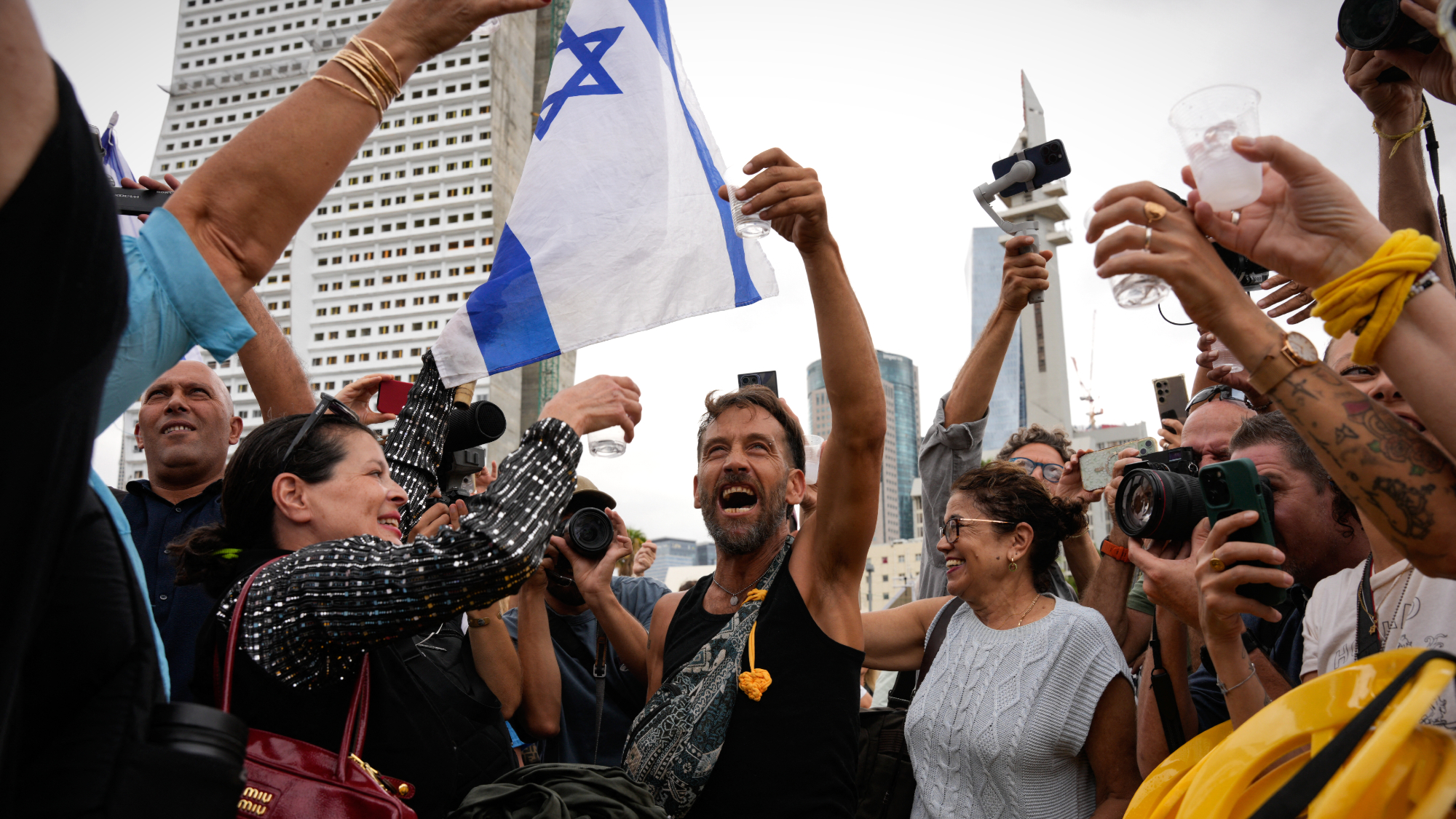 Israel, Hamas agree to first step of Trump peace plan
Israel, Hamas agree to first step of Trump peace planSpeed Read Israel’s military pulls back in Gaza amid prisoner exchange
-
 Israel intercepts 2nd Gaza aid flotilla in a week
Israel intercepts 2nd Gaza aid flotilla in a weekSpeed Read The Israeli military intercepted a flotilla of nine boats with 145 activists aboard along with medical and food aid
-
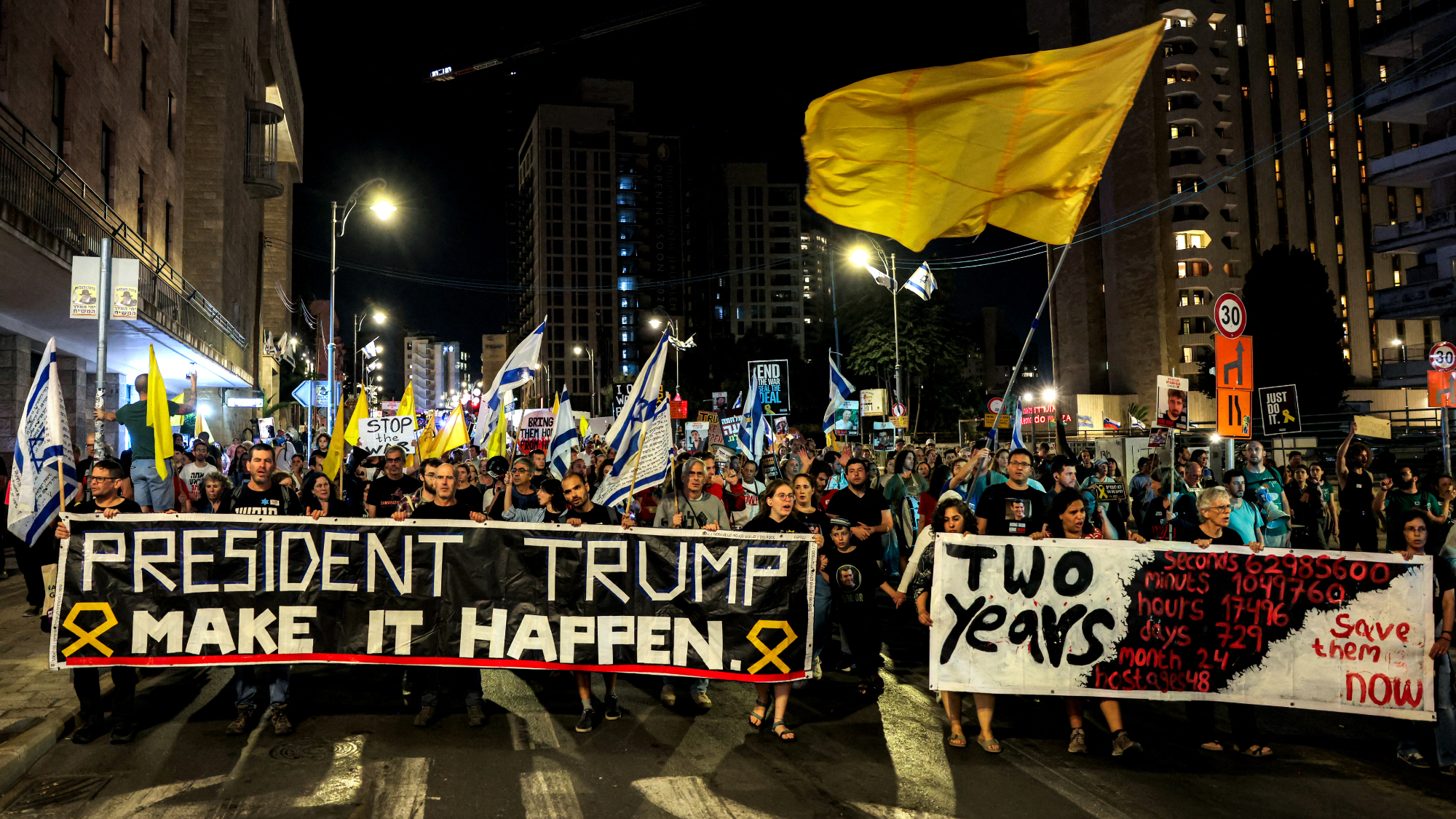 Israel and Hamas meet on hostages, Trump’s plan
Israel and Hamas meet on hostages, Trump’s planSpeed Read Hamas accepted the general terms of Trump’s 20-point plan, including the release of all remaining hostages
-
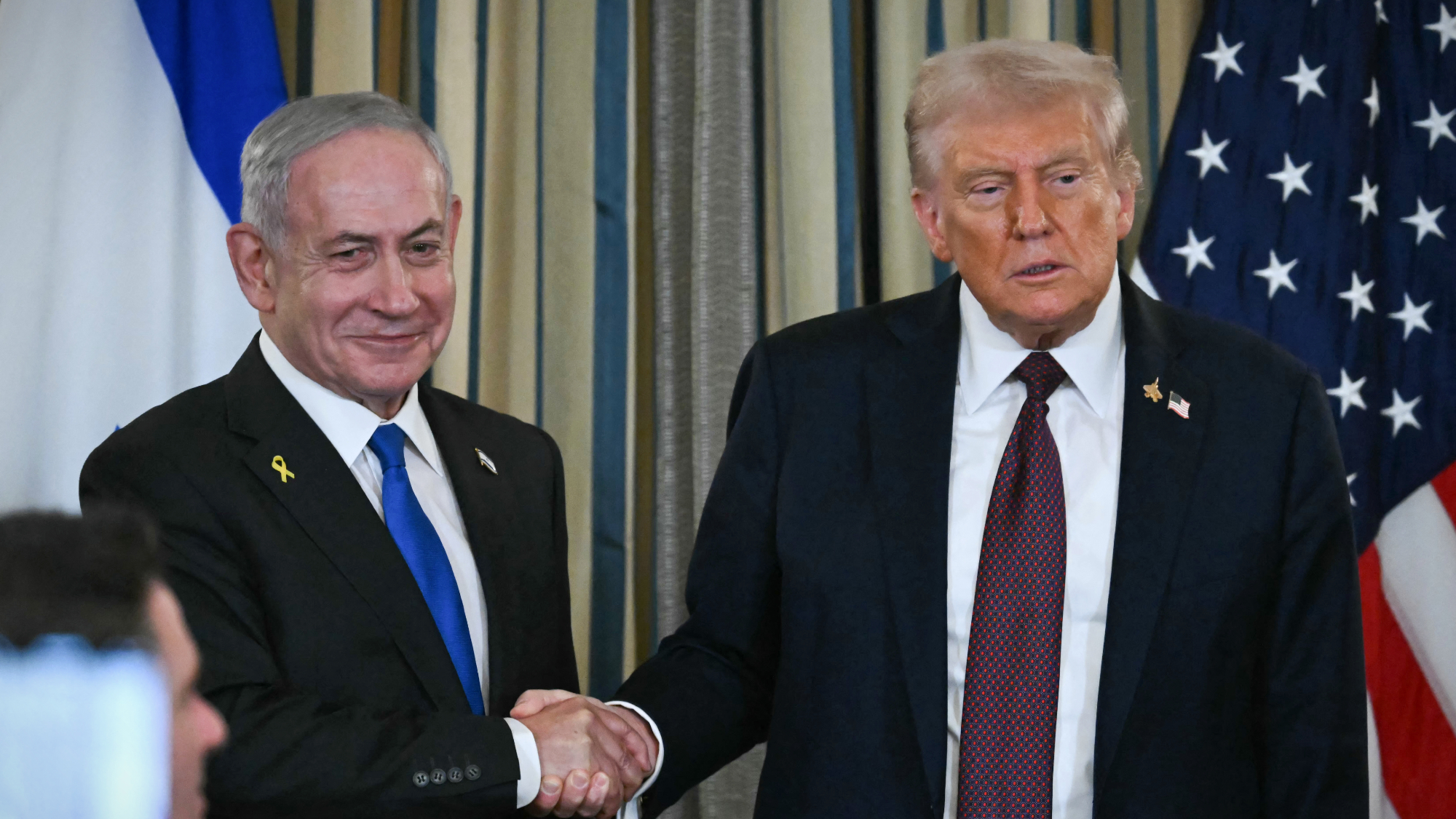 Netanyahu agrees to Trump’s new Gaza peace plan
Netanyahu agrees to Trump’s new Gaza peace planSpeed Read At President Trump's meeting with Israeli Prime Minister Benjamin Netanyahu, they agreed upon a plan to end Israel’s war in Gaza
